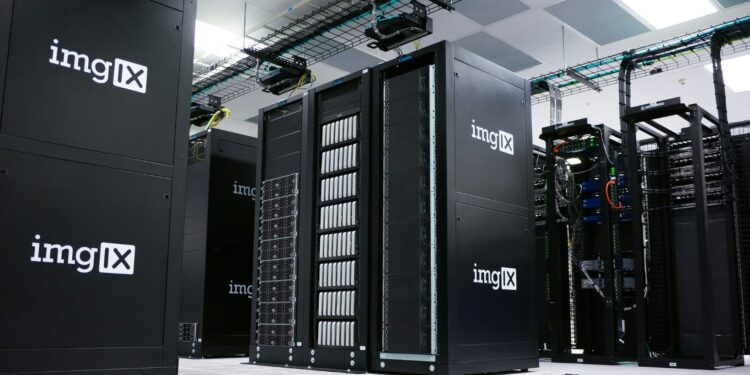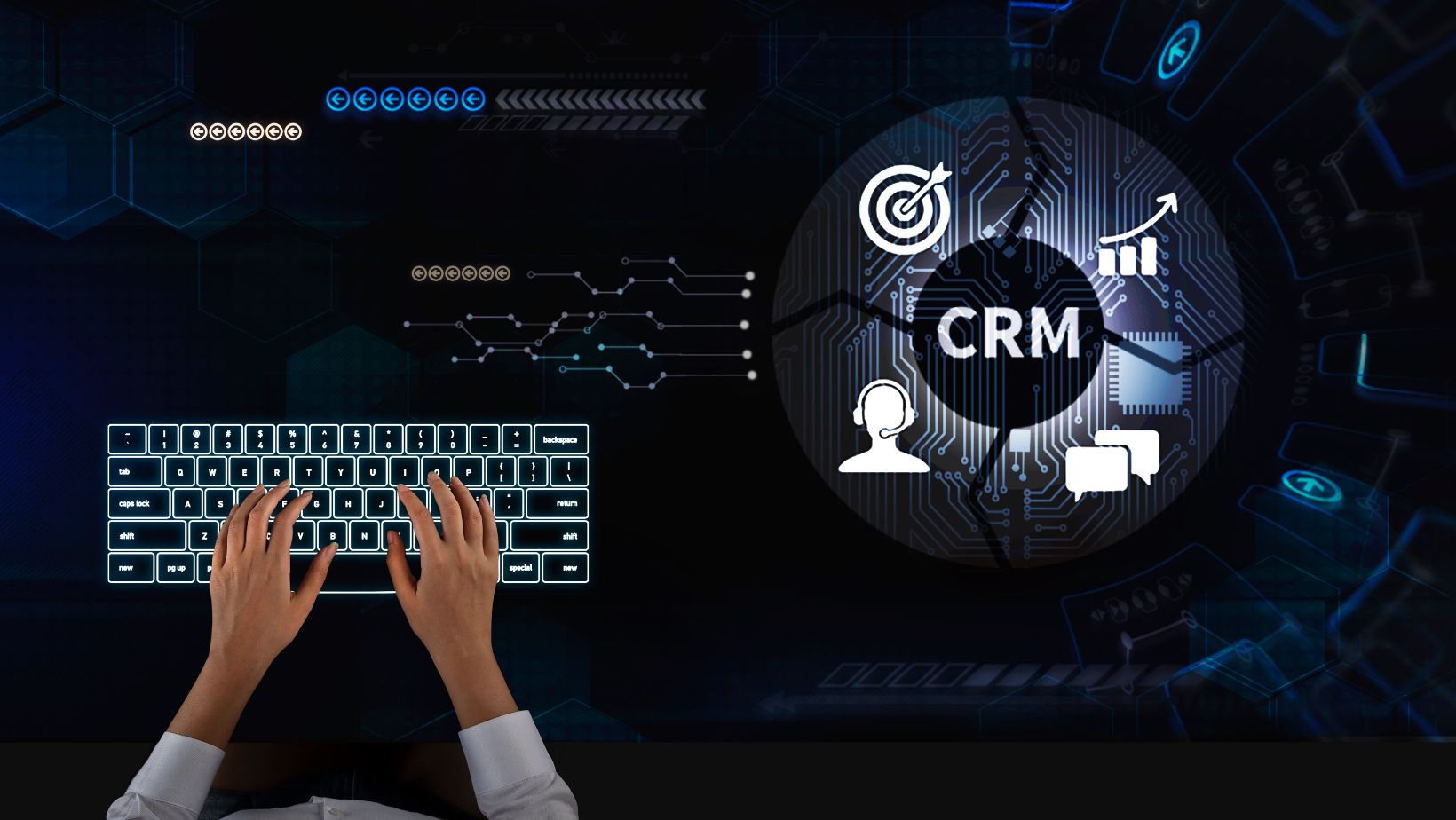Introduction to AI Hardware in CRM Systems
An essential part of CRM tools is their ability to track customer interactions, drive sales, and manage leads. In the past, it may have taken an entire team of people to accomplish this. That isn’t the case anymore. CRM systems are taking advantage of AI technology to offer advancements like real-time analytics, predictive insights, and personalized customer interactions.
This isn’t always as simple as just deciding you’d like it done, though. As a business, you’ll also need to integrate specialized hardware into your CRM system that will allow you to fully harness the potential of AI. With AI-accelerating GPUs, TPUs, and AI-optimized servers, you can boost processing power and improve the efficiency of your CRM analysis.
Benefits of AI Hardware Integration
There are a number of advantages to transforming your CRM systems into intelligent platforms. AI-powered CRMs are able to process more information, and they do this faster than their non-AI-accelerated counterparts.
This means that through AI hardware integration, you can have as close to real-time responsiveness as possible.
AI-integrated hardware also allows your AI-driven CRM system to analyze multiple different datasets at once. Customer behaviors, past interactions, and demographics can all be used at the same time to score leads.
You can even use AI to make the most of those leads. Your AI-powered CRM can generate custom-tailored marketing campaigns based on user behavior, including email responses and customer support interactions. This kind of personalized messaging can boost engagement and conversion rates.
Strategies for Implementation
You can adopt a structured approach for integrating AI hardware into a CRM system. Here are four basic steps to get your process started.
Assessment
Evaluate where your business is currently with regard to CRM capabilities and then what areas AI can help you with performance. This will let you better determine what AI applications you should prioritize. Once you know what applications you want, you can use the requirements to run those as a starting point for the hardware you need.
Hardware Selection
The most important facet of hardware selection is making sure you choose something that fits your business needs. Leave your business room to scale up technologically, but also be wary of overestimating your needs. Renting AI hardware tends to be expensive.
Integration
To have the most fluid integration, hire an IT professional who has expert knowledge of both the hardware and what kind of demand your AI-driven CRM system will put on it. Professional oversight of the process will help you make sure that everything is compatible and should be able to protect your data security.
Training
AI-powered systems are nothing without the human oversight that your employees provide. You should offer training on AI-driven analytics, lead management, and customer engagement strategies so that they understand the new technology and can use it effectively.
Choosing the Right Hardware

Selecting the right AI hardware is vital when it comes to optimizing your CRM performance. You want hardware that will not only meet your current needs but also be powerful enough to grow with you to avoid having to upgrade. The good news is that most AI hardware is capable of getting you to that bottom line.
Nvidia H100 is a premium option, but it comes with an equally premium price tag to match. It’s also in high demand, which makes it harder to get ahold of.
When doing research on hardware for AI integration, think about the performance levels and the cost variance. Most companies don’t need to have the H100 running around the clock to power their CRM systems.
Here are a few H100 alternatives you could explore:
- AMD MI300X
- Google TPU v4
- Intel Gaudi2
- NVIDIA A100 Tensor Core GPU
- NVIDIA L40S
If you have a small or mid-sized business, you may be priced out of purchasing some of these. Don’t worry, though; you can still take advantage of the technology. You can rent GPUs through cloud computing platforms like AWS, Google Cloud, or Microsoft Azure.
Takeaway
AI is not just the future of business; it’s the current reality we’re living in. Powerful accelerators can keep you ahead of the curve when it comes to using customer data more efficiently and accurately to guide your CRM systems.
AI-supported systems don’t allow customers to slip through the cracks. If you aren’t taking advantage of this, your competitors will be. This makes AI hardware integration (whether you’re investing directly or using a cloud-based solution) a necessity more than a luxury.














